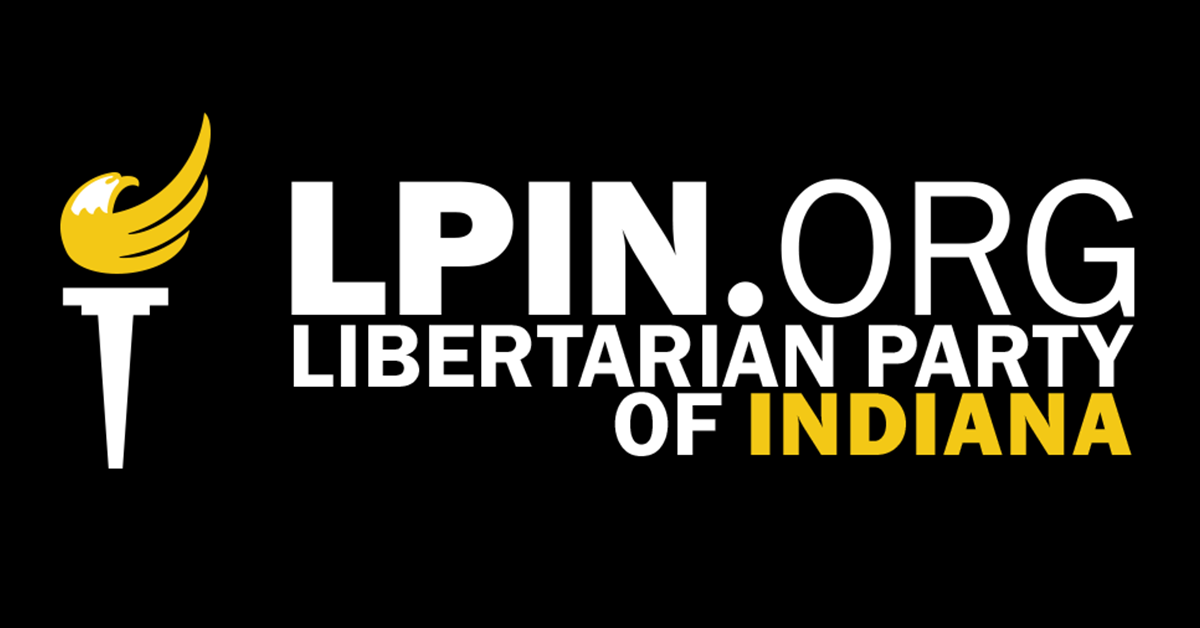By Evan Matthews, a Hoosier Libertarian
“Spend now, while the economy remains depressed; save later, once it has recovered. How hard is that to understand?”
Thus begins Paul Krugman’s June 20 article. The answer to his question is that it’s quite difficult if we are living in reality. When speaking in simplified, self-righteous rhetoric, this concept is indeed simple to grasp. When dealing with the reality of American politics, however, it becomes much more elusive.
Mr. Krugman’s thinking is at best naïve and at worst hopelessly misguided and harmful. His thesis is that in the future some politician—somewhere—will endorse and initiate a movement of austerity that will help this nation right its fiscal ship and become solvent once more.
This has never happened in the history of modern American politics. This is a graph showing the level of government spending in proportion to national GDP.
The perpetual increase in spending is obvious and unavoidable. If Mr. Krugman’s theory had any validity, one would expect to have seen a consistent drop in government spending sometime in the past century. One reasonable place to look would be during economic nightmare that was the 1970s. Another would be during the dot.com bubble-burst in the early 2000s. No such cut in government spending occurred. While much of the growth in the 1990s was illusory or simply caused by advances in the Internet, it is interesting to note that the only semblance of a sustained decline occurred during the latter part of that decade.
Assuming that the government will cut spending in the future is laughable. Politicians are subject to elections and they do not wish to tarnish their image by supporting austerity measures. They are alcoholics who extend the spending binge until they can pass the hangover to another. Politicians don’t get reelected by forcing their constituents to eat their vegetables; they get reelected by taking them out for pizza and buying ice cream afterward. Being fiscally sound isn’t a sexy campaign platform when it’s a politician’s job is to remain in power.
Krugman and others frequently state that government spending is necessary to end our current economic woes: without government spending propping up the economy, we will slip into a second Great Depression. This logic is ridiculous and not falsifiable.
It creates two possible universes, both of which only help to reinforce their self-serving logic. Either the stimulus spending pulled the economy from the brink, or clearly there wasn’t enough stimulus to begin with and that’s why the economy continues to tank.
However, there is a way of gauging what the economy would’ve looked like without the stimulus. President Obama and his economic team fear-mongered the nation into believing that the American people would soon witness 9% unemployment if we didn’t pass the stimulus.
According to the June 4, 2010 report, the nation has an unemployment rate of nearly 10%. This figure is misleading as nearly a half million added jobs are merely temporary census jobs. A more revealing number: the number of private sector jobs added is a paltry 41,000.
People, and small businesses in particular, become more conservative with their money when their future is uncertain. Along with the government’s current fiscal situation, these individuals are also concerned with the unknown implications of a trillion dollar health care bill. These complications help to stymie job creation and have magnified the unemployment problem by making it riskier to hire new employees.
Perhaps the economy simply proved to be worse than we had previously thought, some argue in defense of Krugman and those who agree with him. If the President’s own team, supposedly godlike in their ability to intuit the market, could not predict the present situation, is it really wise to give them another blank check and hope that they somehow get it right this time? How much money can they spend before it’s deemed that they are no longer to be trusted?
Maybe, as Krugman and others argue, the initial bailouts were necessary to stem hardship at the beginning of the crisis. This, however, is simply not relevant to his current argument. Even though unemployment is higher than it was predicted to be without the bailouts, and that stimulus spending has not been successful at creating private sector jobs, they still insist on throwing more good money after bad. This is despite the fact that the G-20 nations recently stated that national deficits must be dealt with and are a growing concern for the health of the global economy.
Enough is enough. The coming economic recovery will certainly be painful and may be a while in the making. Further financial interference is not the solution, however. Instead, it would prolong the nation’s rehabilitation just as an extra drink or four may subdue but not cure the plight of a weaning alcoholic. This nation is well on the path of financial alcoholism. The first step toward recovery is admitting that there is a problem. The next is to have the resolve to combat it.
1. http://www.usgovernmentspending.com/us_20th_century_chart.html —-government spending chart
2. http://www.american.com/archive/2009/october/so-how-is-the-stimulus-working-out —shows Obama’s prediction of unemployment w/o stimulus compared to what actually has occurred
3. http://online.wsj.com/article/SB10001424052748704256304575321192825951512.html
4. http://www.thefinancialexpress-bd.com/more.php?news_id=104579&date=2010-06-29




